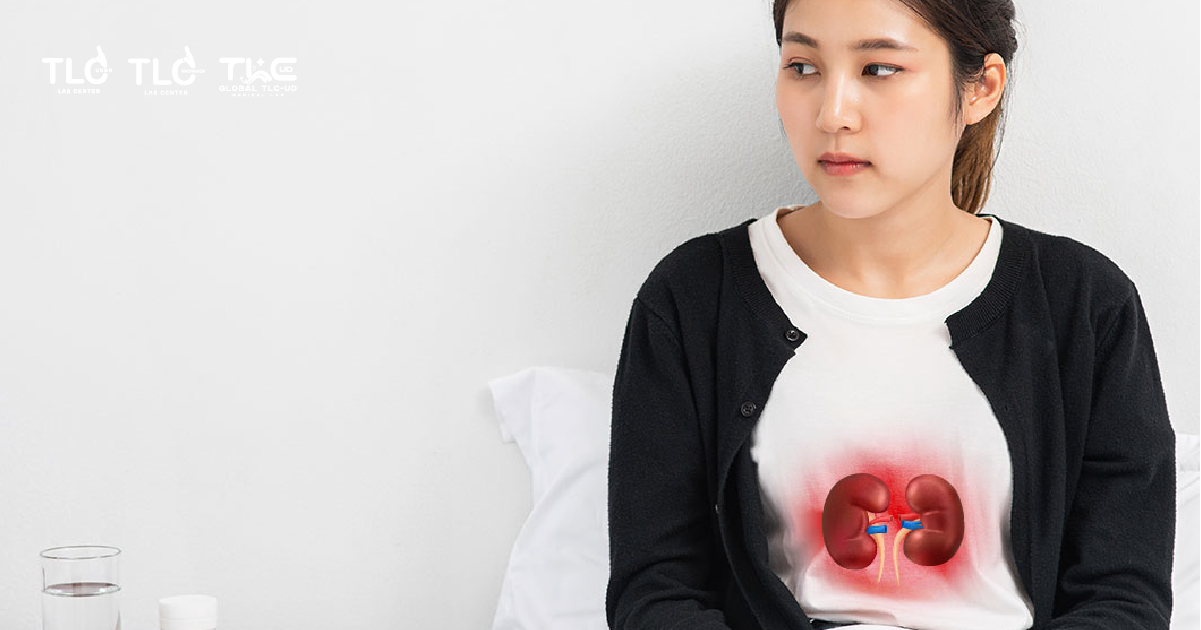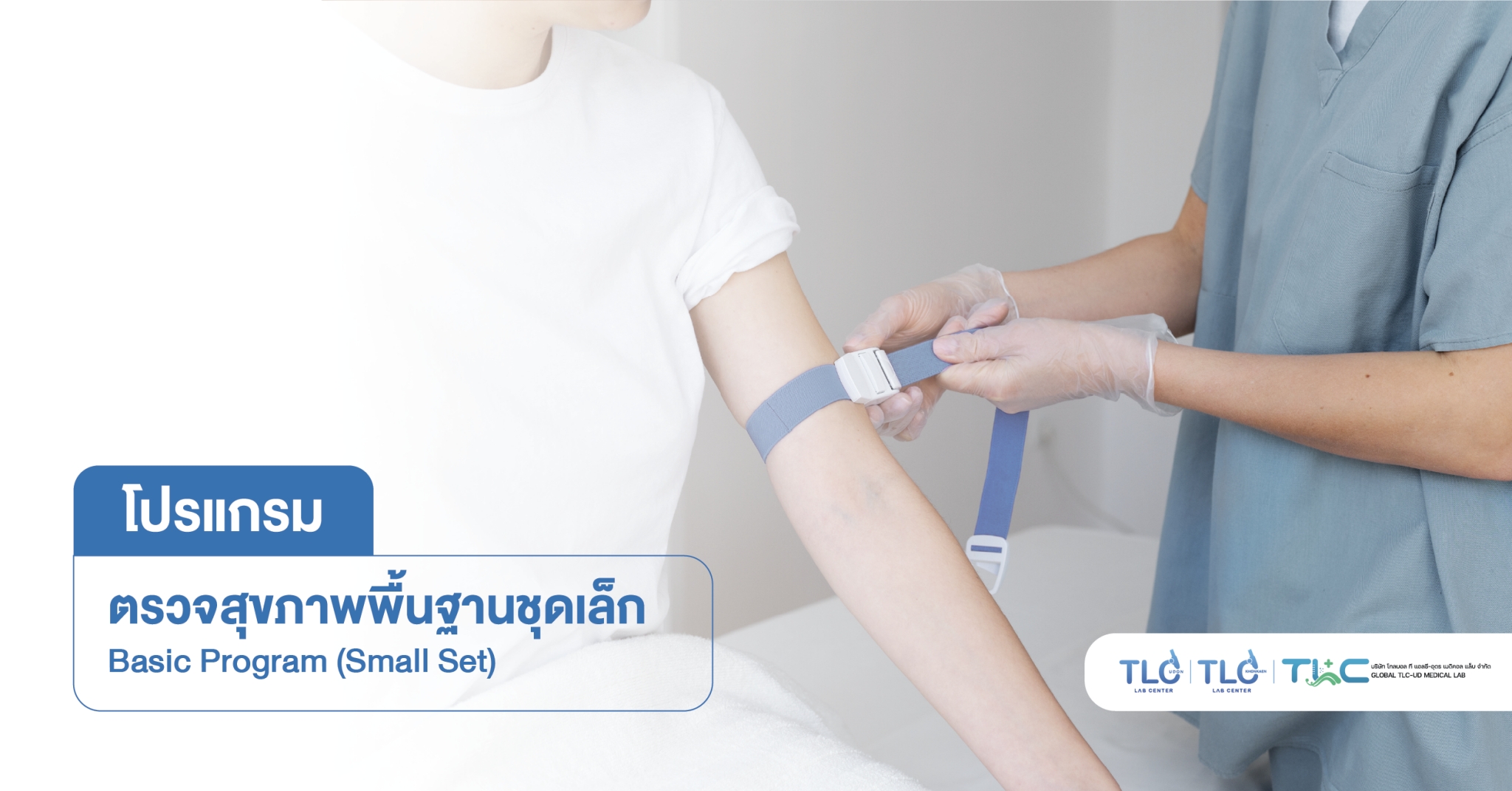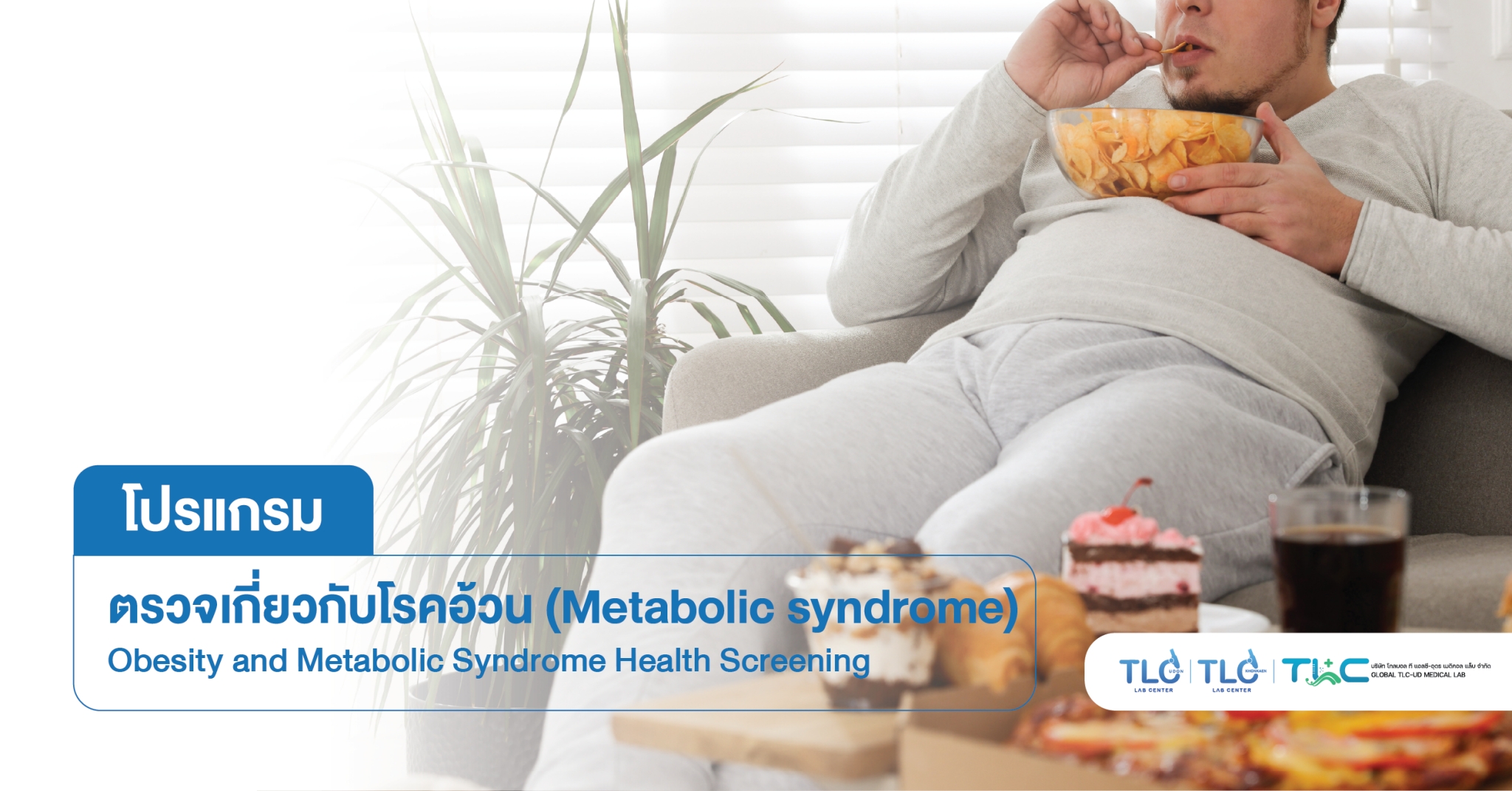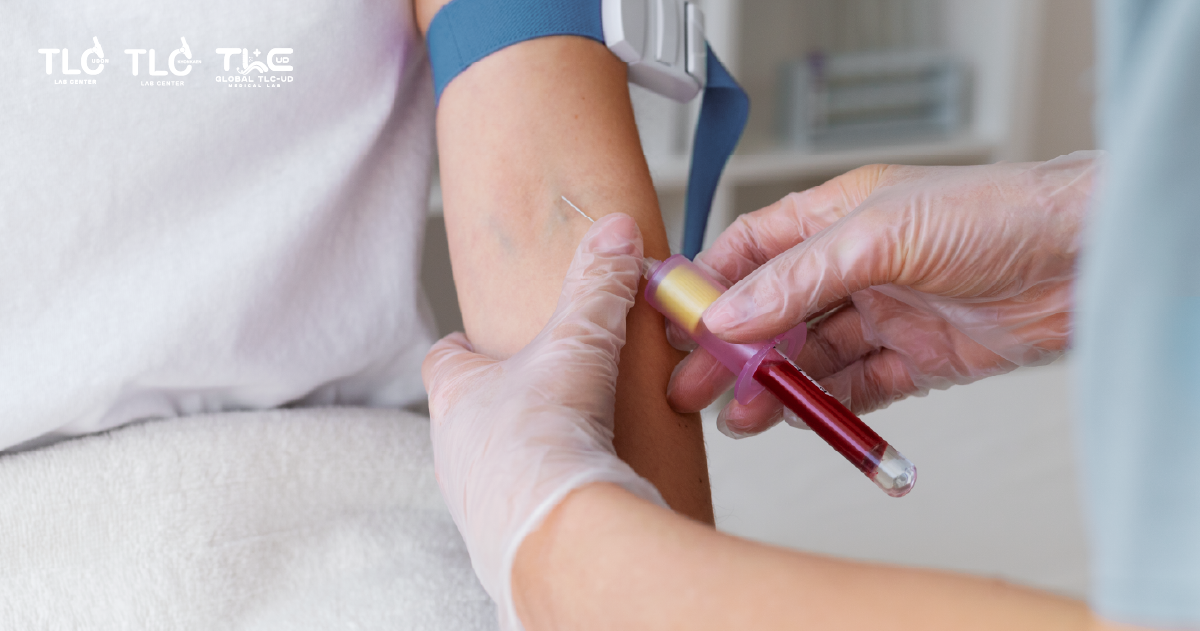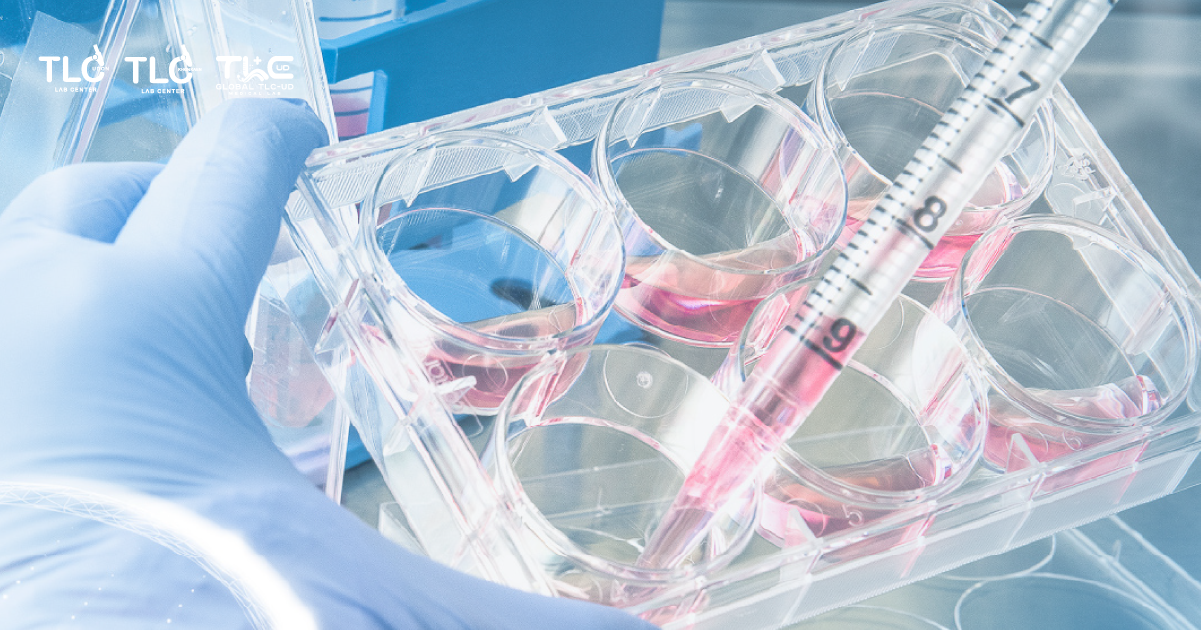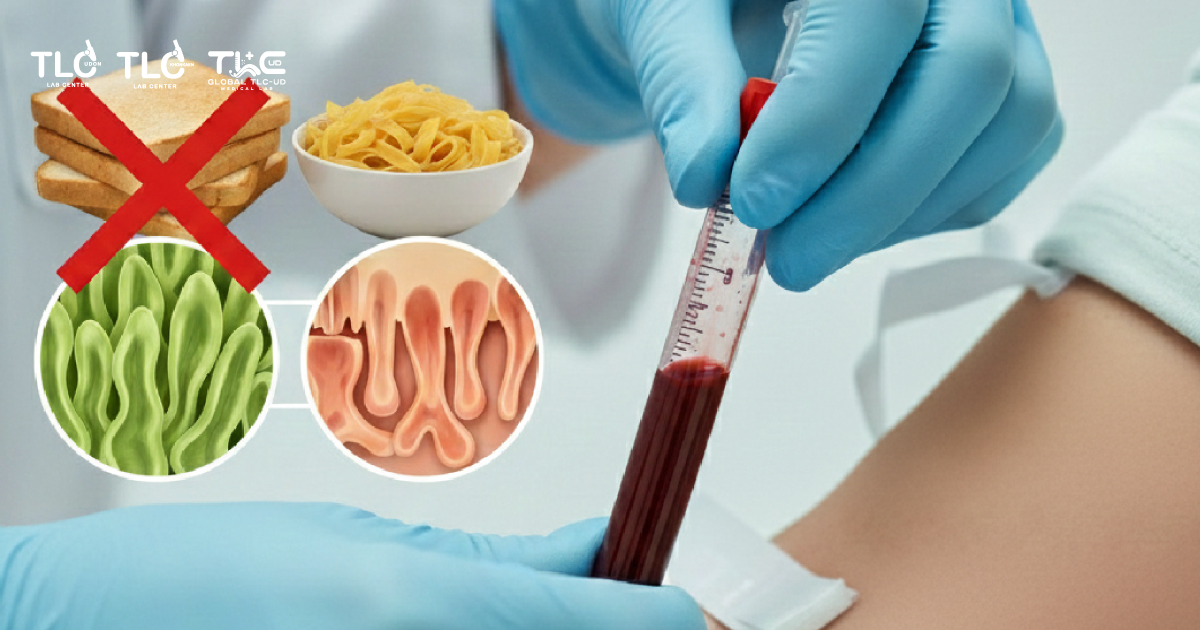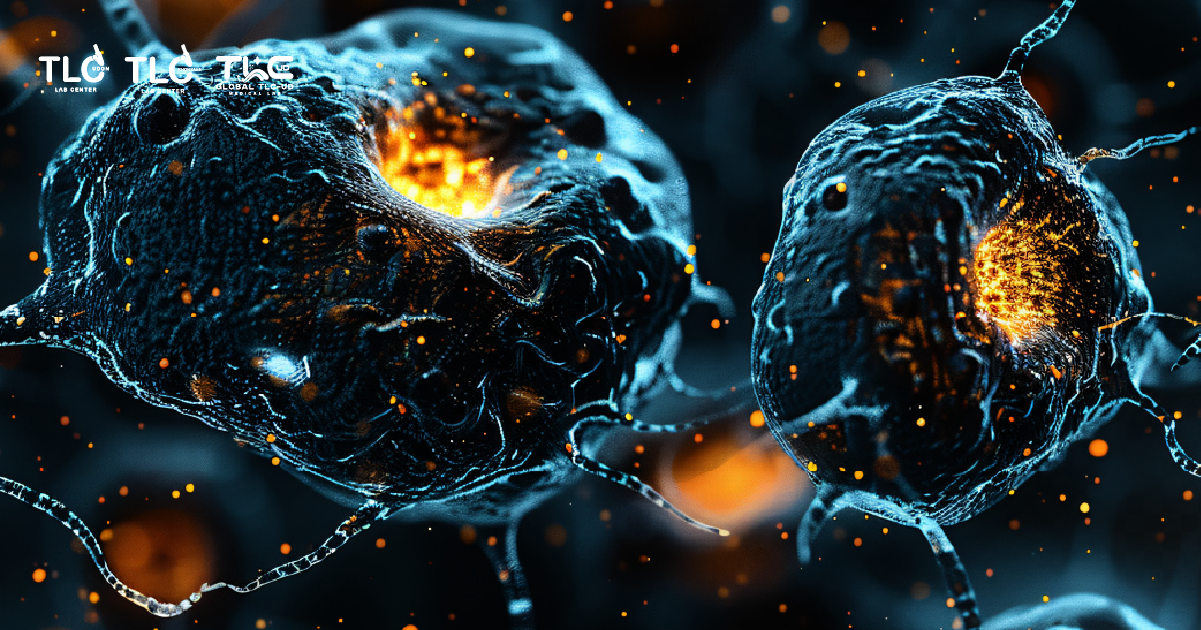Rhabdomyolysis is a serious condition in which skeletal muscle tissue breaks down, causing the muscle fibres to rupture. This releases substances normally found inside muscle cells into the bloodstream, including:
- Myoglobin
- CK or CPK (Creatine Phosphokinase)
- Potassium
- Phosphate
How It Affects the Body
The release of myoglobin into the bloodstream can clog the tiny filtering units in the kidneys, potentially leading to:
- Acute kidney failure
- Irregular heart rhythms caused by high potassium levels
- Metabolic acidosis (a condition in which the blood becomes too acidic)
Symptoms of Rhabdomyolysis
- Muscle pain, weakness, and swelling
- Dark-coloured urine (similar to cola), caused by myoglobin
- Little or no urine output
- Fatigue, nausea, confusion, and rapid breathing

Common Causes
- Severe physical trauma, such as car accidents or prolonged muscle compression
- Excessive or intense exercise, especially in:
- People who are new to exercise
- Athletes who suddenly increase training intensity
- Extreme endurance events, like marathons
- Dehydration during physical exertion
- Certain drugs or toxins, including:
- Statin medications (used to lower cholesterol)
- Alcohol
- Illicit drugs
- Severe infections
- High fever or severe dehydration
Treatment
- IV fluids (intravenous saline) in large volumes to help flush out myoglobin and protect kidney function
- Correction of electrolyte imbalances
- Addressing the underlying cause, such as stopping the responsible medication or halting physical activity
- Dialysis may be required in severe cases
Laboratory Tests for Diagnosis
- CK (CPK): Typically, very high in rhabdomyolysis
- Myoglobin: May be detected in the blood or urine
- Kidney function tests: Creatinine, BUN, and eGFR
- Muscle enzymes: ALT and AST
- Urinalysis: To check for the presence of myoglobin in the urine

